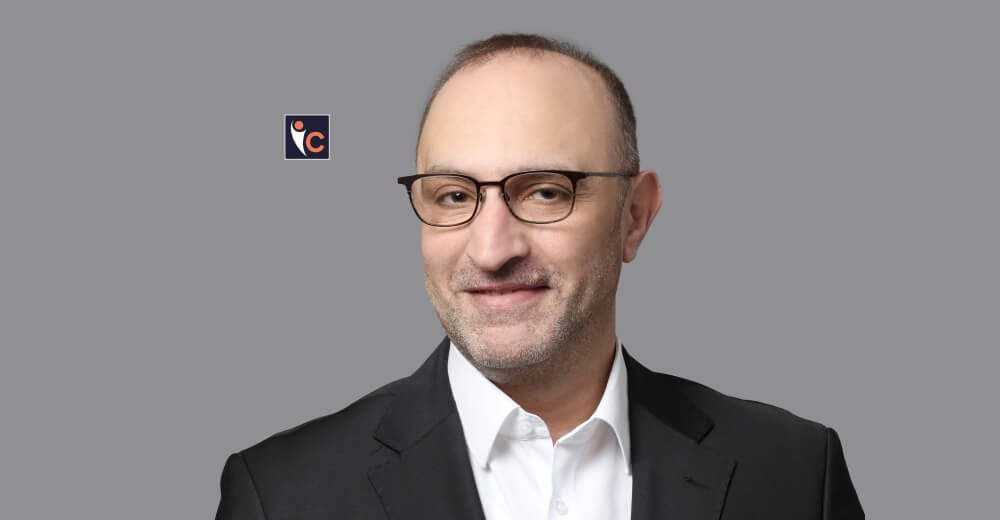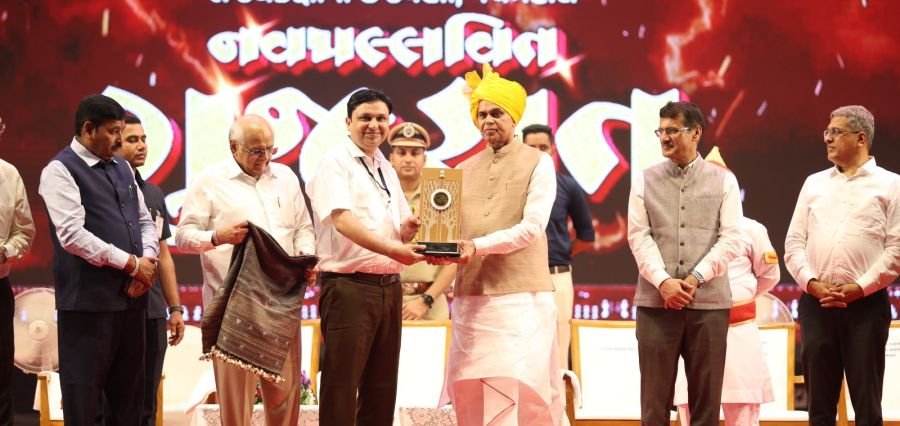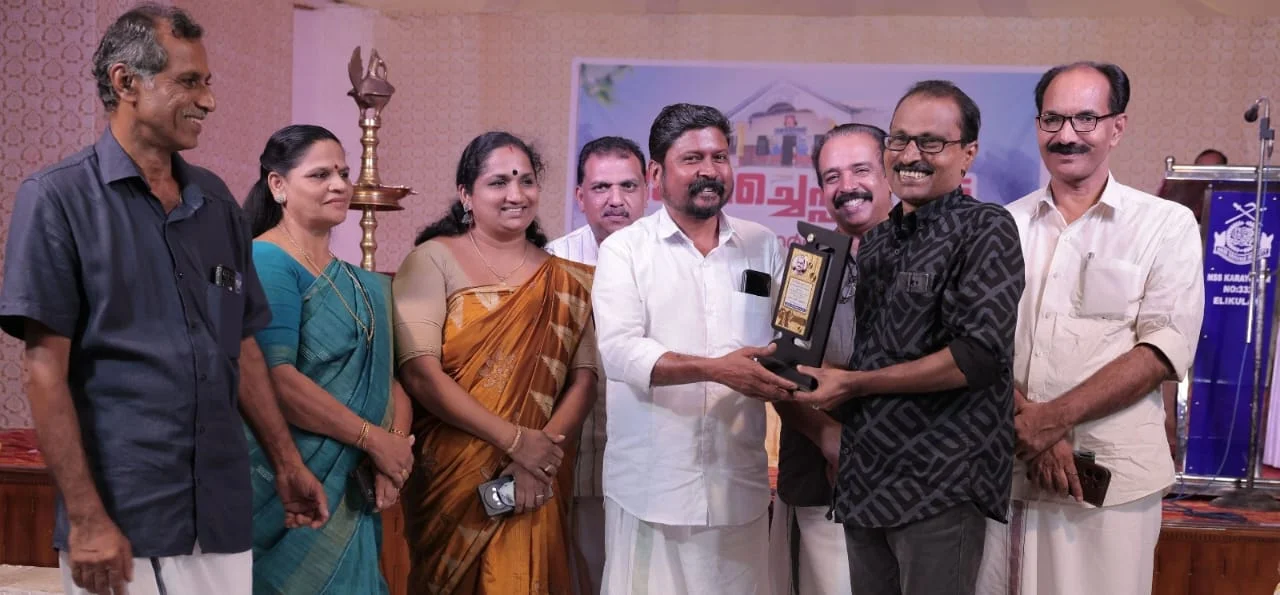Visionary leaders are critical in creating the conditions leading to advancements in healthcare and addressing unmet challenges. One of these leaders, Rami Nassar, Head of Pharma at Sanofi, owns a legacy and journey in the pharmaceutical realm that embodies resilience, adaptability, and patient-centric care. His career of over 20 years had an impact which a few can boast in the Arab healthcare sector, that witnessed his drive and vision, but also to his effectiveness as a leader.
After completing his pharmacy degree from the Jordan University of Science and Technology, Nassar began his career in healthcare. He says, “It was the beginning of a path that I knew would be challenging yet rewarding. My passion for healthcare and helping others guided me through the uncertainties that lay ahead.” His career journey then saw massive leaps, from medical representative to sales management positions with Organon Pharmaceuticals in Jordan, until by 2005 he was holding the position of Country Manager for Levant and Libya.
Yet, his route was influenced not just by personal ambition but also by industry trends beyond his control. “Organon went through mergers and acquisitions with Schering Plough and Merck Sharp & Dohme between 2008 and 2010. These changes brought about new challenges, but also opportunities for growth and learning,” he said. This skill at managing transitions laid the groundwork for his career highlight in 2013, when he moved on to work with Sanofi as the Country Pharma Manager for Jordan and Palestine, which grew over time to include Iraq and Lebanon.
Let’s dive into the story of Nassar’s journey in revolutionizing healthcare practices in the Arabian world!
Navigating Challenges in the Arab Pharmaceutical Sector
The pharmaceutical industry in the middle east, particularly in the Levant, faces a host of geopolitical and economic challenges. From the financial collapse in Lebanon to Iraq’s instability, these crises have deeply impacted healthcare. Nassar acknowledges, “Ensuring continued access to medicines for patients in this region has been one of the most pressing challenges we’ve faced. From rising costs and complexities in the supply chain to governmental budget restrictions, there are several hurdles we need to overcome daily.”
Under his leadership, Sanofi has proactively addressed these challenges. “One of our key strategies has been the localization of manufacturing within countries. This allows us to ensure safety stocks and minimize the risk of disruption in the supply chain,” he explains. Sanofi’s approach also includes patient access programs, distribution hubs in key regions, and solidarity initiatives like donations of medicines. These efforts underscore Sanofi’s commitment to making healthcare accessible despite the ongoing challenges.
He emphasizes the importance of pre-planning to mitigate risks. “The key to overcoming challenges is pre-planning, ensuring we stay ahead of potential disruptions while keeping patient needs at the forefront of our decisions,” he notes, underlining his focus on patient-centered leadership.
Evolution of A Leader
Nassar’s leadership style has progressed throughout his career, informed by his early experiences and the various roles he has undertaken. Reflecting on his growth, he shares, “From my university days, where I was actively involved in the student union, to my various roles in different organizations, I’ve always believed in empowering my team. The bottom-up approach to decision-making is something I value deeply.”
This inclusive leadership style encourages creativity and collaboration, essential for handling the complexities of the pharmaceutical industry. His focus on teamwork has helped create an environment where team members feel empowered to contribute to decisions, fostering a culture of innovation and mutual respect. “Listening to different perspectives allows us to make informed decisions that not only address market dynamics but also prioritize patient care,” he adds. His commitment to keeping patients at the heart of every decision has been key to his success, particularly during challenging times like the pandemic.
“During the pandemic, it was more important than ever to stay connected with our teams, even if remotely, and ensure that we maintained a unified front in addressing the rapidly changing needs of the market,” he recalls.
Tailored Strategies for the Arab Healthcare Landscape
As a global leader in healthcare, Sanofi’s presence extends across the world, but Nassar understands that a tailored approach is essential for the market. “Every patient has the right to be well served, but the way we achieve that can differ depending on the country, the reimbursement systems in place, and the specific needs of the market,” he explains.
To address these nuances, Sanofi has adopted a go-to-market model that is flexible enough to respond to the unique challenges of the Arab healthcare. “We work closely with healthcare providers, decision-makers, and various stakeholders to ensure that our strategies are adaptable and meet the needs of each market,” Nassar says. This agile methodology allows Sanofi to respond to rapid changes in market demands while continuing to prioritize patient needs.
Innovation, too, is central to Sanofi’s strategy in the region. “Innovation plays a crucial role in shaping the future of healthcare, especially as market dynamics evolve faster than ever before,” Nassar notes. The COVID-19 pandemic served as a turning point, accelerating the adoption of new technologies and approaches in healthcare delivery.
The Role of Innovation in Healthcare
Nassar believes that the future of healthcare is intrinsically linked to innovation, not just in drug development but also in how healthcare is accessed and delivered. “Real-world data, artificial intelligence, and omnichannel approaches are becoming increasingly important in building a more responsive and efficient healthcare system,” he says. Sanofi is heavily invested in these areas, implementing systems to harness the power of data and technology to improve patient outcomes.
Partnerships with local healthcare systems and research institutions are also critical in fostering a culture of innovation. “Working with local healthcare systems and research institutions allows us to not only share knowledge but also build capacity within the region,” he explains. These collaborations ensure that Sanofi’s innovations are rooted in a deep understanding of local market needs.
In addition to technological advancements, Sanofi has been a leader in addressing the issue of counterfeit medications, a significant challenge in many parts of the Arab region. “Falsified products are a nightmare for healthcare companies, and we’ve implemented several programs to raise awareness and educate both patients and healthcare providers about the risks,” he notes. These initiatives include digital tools that help patients verify the authenticity of their medications, ensuring they receive safe and effective treatments.
Balancing Profitability with Accessibility
Balancing profitability with the need to provide accessible healthcare is one of the most complex challenges pharmaceutical companies faces, especially in developing markets. Nassar acknowledges, “Innovating new molecules costs billions of dollars, and these costs must be covered to ensure continued research and development.” However, he emphasizes that Sanofi’s commitment to patient care is just as important as maintaining profitability.
Sanofi has developed several initiatives to ensure that profitability does not hinder access to essential medicines. One such initiative is Foundation S, Sanofi’s philanthropy engine that supports vulnerable communities around the world. “Through programs like My Child Matters, which fights childhood cancer, and ICAP, which provides free treatment to patients with rare diseases, we’re able to make a tangible difference in the lives of those who need it most,” he shares. These initiatives are complemented by patient support programs and discounted offers for public institutions, ensuring that medications remain accessible to those in need.
Nassar’s ability to balance the commercial and social responsibilities of the company has been key to Sanofi’s continued success in the middle east. By prioritizing patient care while maintaining profitability, Sanofi has managed to sustain its position as a leader in the pharmaceutical industry.
Promising Areas of Growth
Looking ahead, Nassar identifies several promising areas of growth for the pharmaceutical industry in the Arab world. “Gene therapies, monoclonal antibodies, and innovations in rare diseases, oncology, and immunology are areas where we expect significant advancements,” he says. The growing interest in partnerships between international pharmaceutical companies and local manufacturers is also a key trend that he believes will drive the industry forward. “These partnerships will help localize manufacturing, create opportunities for research and development, and build capabilities within the region,” he adds.
He believes that these collaborations will help usher in a new era of innovation and localization, ensuring that the Arab world becomes not just a consumer market but also a hub for pharmaceutical research and development.
Collaborating with Local Stakeholders
Sanofi’s success is built on its strong relationships with local healthcare systems, research institutions, and other stakeholders. Nassar emphasizes, “We regularly meet with health authorities to discuss priorities and explore ways to customize our collaborations in a way that benefits the entire healthcare ecosystem.”
These collaborations often take the form of training programs, workshops, and international conferences where experts share insights and knowledge. “We invite international speakers to share their expertise and facilitate discussions that can help guide the direction of healthcare in the region,” he adds. By fostering an environment of shared learning, Sanofi supports the growth of local healthcare systems while contributing to global advancements in medical science.
Advice for Aspiring Professionals
As a leader with over two decades of experience in the pharmaceutical industry, Nassar offers valuable advice to young professionals aspiring to make a significant impact in healthcare. “Be creative in your thinking, stay updated with global medical and scientific information, and focus on building strong communication skills,” he advises. He underscores the importance of ethical practices and business integrity as the foundation of every decision. “We must be role models, ensuring that ethics and integrity guide us as we navigate the complexities of healthcare and patient interaction.”
He also stresses the growing importance of digitalization and virtual healthcare, which have become pivotal in recent years. “The future of healthcare is digital, and it’s crucial for young professionals to embrace this shift and learn how to navigate it effectively,” he says.
In addition to technical skills, Nassar emphasizes the need for empathy and understanding when working with patients. “We need to play a role in creating awareness about the medical and scientific data shared on social media, ensuring patients are well-informed,” he advises. “At the core of our work should always be integrity, putting patient welfare first while maintaining transparency and ethical responsibility in every aspect of our business.”
A Vision for the Future
Nassar’s leadership at Sanofi demonstrates how a thoughtful, patient-centered approach can drive success in the healthcare industry. His focus on innovation, collaboration and accessibility has positioned Sanofi as a key player in the Arab healthcare industry. As the industry continues to evolve, Nassar’s strategic foresight and commitment to improving patient care will undoubtedly shape the future of healthcare in the region, finding the way for new breakthroughs and opportunities for growth in the years to come.
Read More: Click Here





